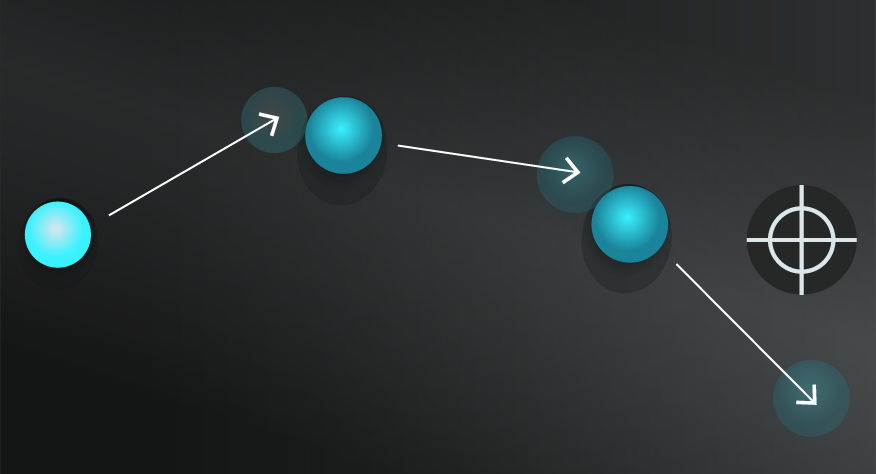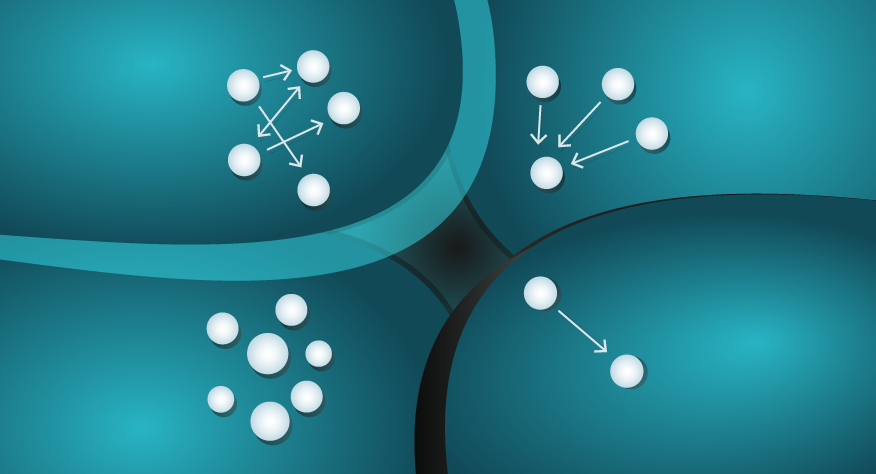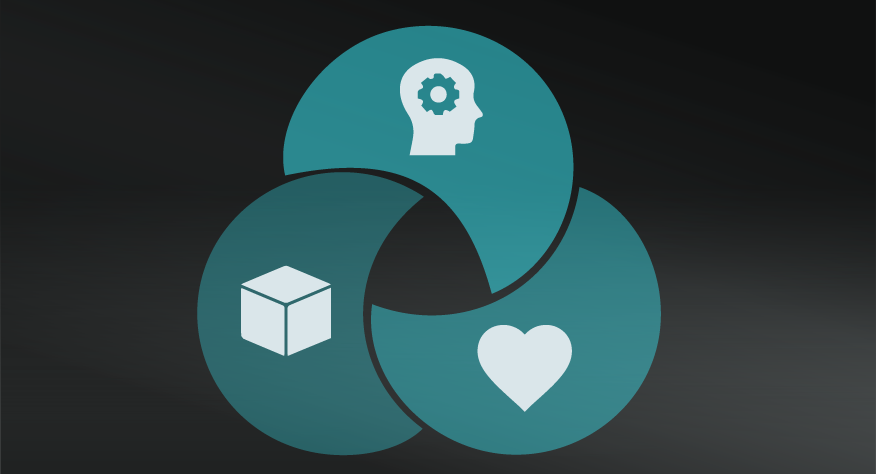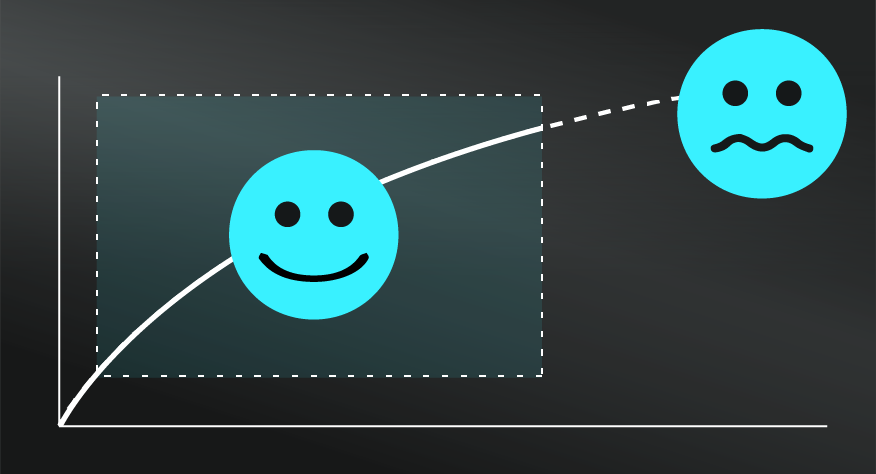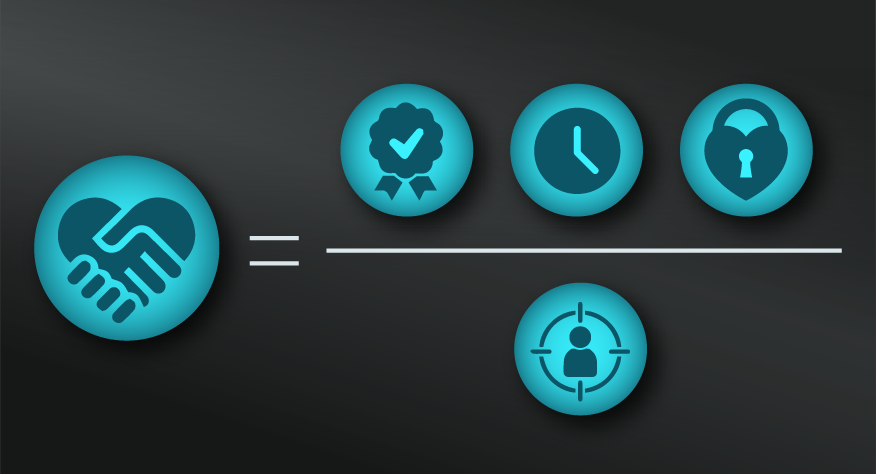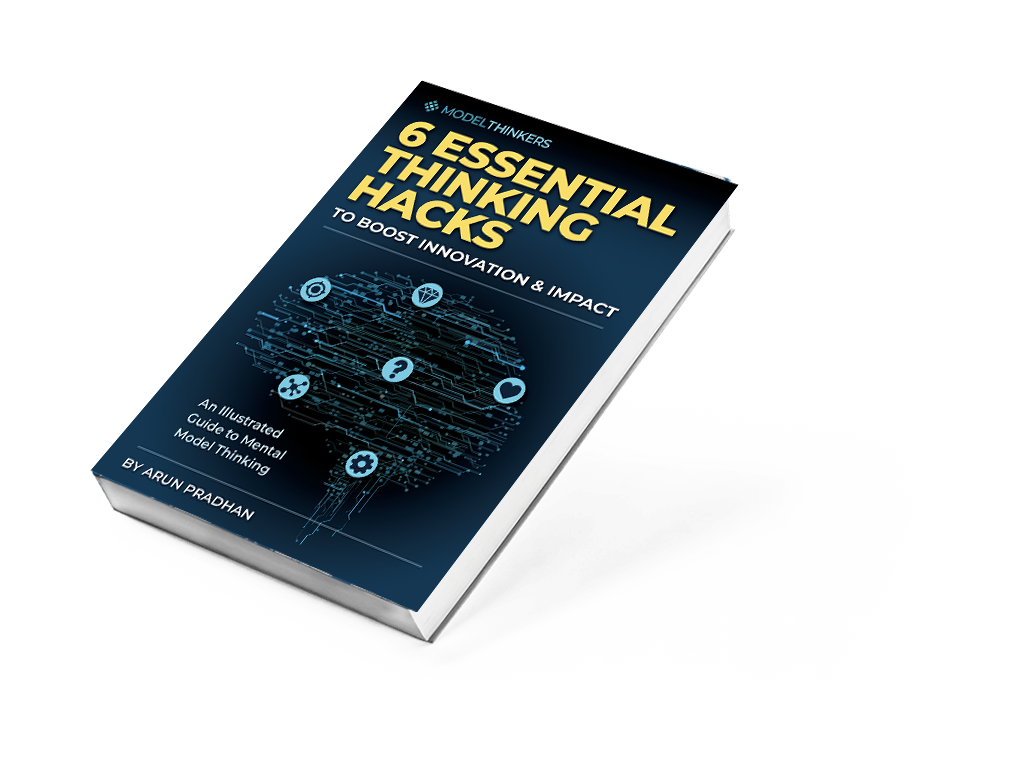Popular searches
Categories
Learn & Achieve
Collaborate & Lead
Deliver Value
Live Well
Make Better Decisions
Industry Knowledge
Sub categories
Learn & grow
Set & reach goals
Grow wealth
Be happy & healthy
Be more productive
Manage projects
Models

 0 saved
0 saved
 76.4K views
76.4K views
(2)
Share this with your network








Share this with your network




Overview
Today's race to future-proof and remain relevant is really a race to learn, upskill and adapt faster. Once the luxury of a few ambitious people, now constant reinvention is simply part of business as usual — especially when that business is being constantly challenged and even disrupted.
These learning themed mental models span evidence-based memory hacks to techniques to improve critical thinking and complex skills.
Let us know what you think.
This Playbook includes the following sections, select a heading to jump to that section.
PREPARING TO LEARN
Before you dive in, take a moment to establish effective goals and approach to boost your learning.
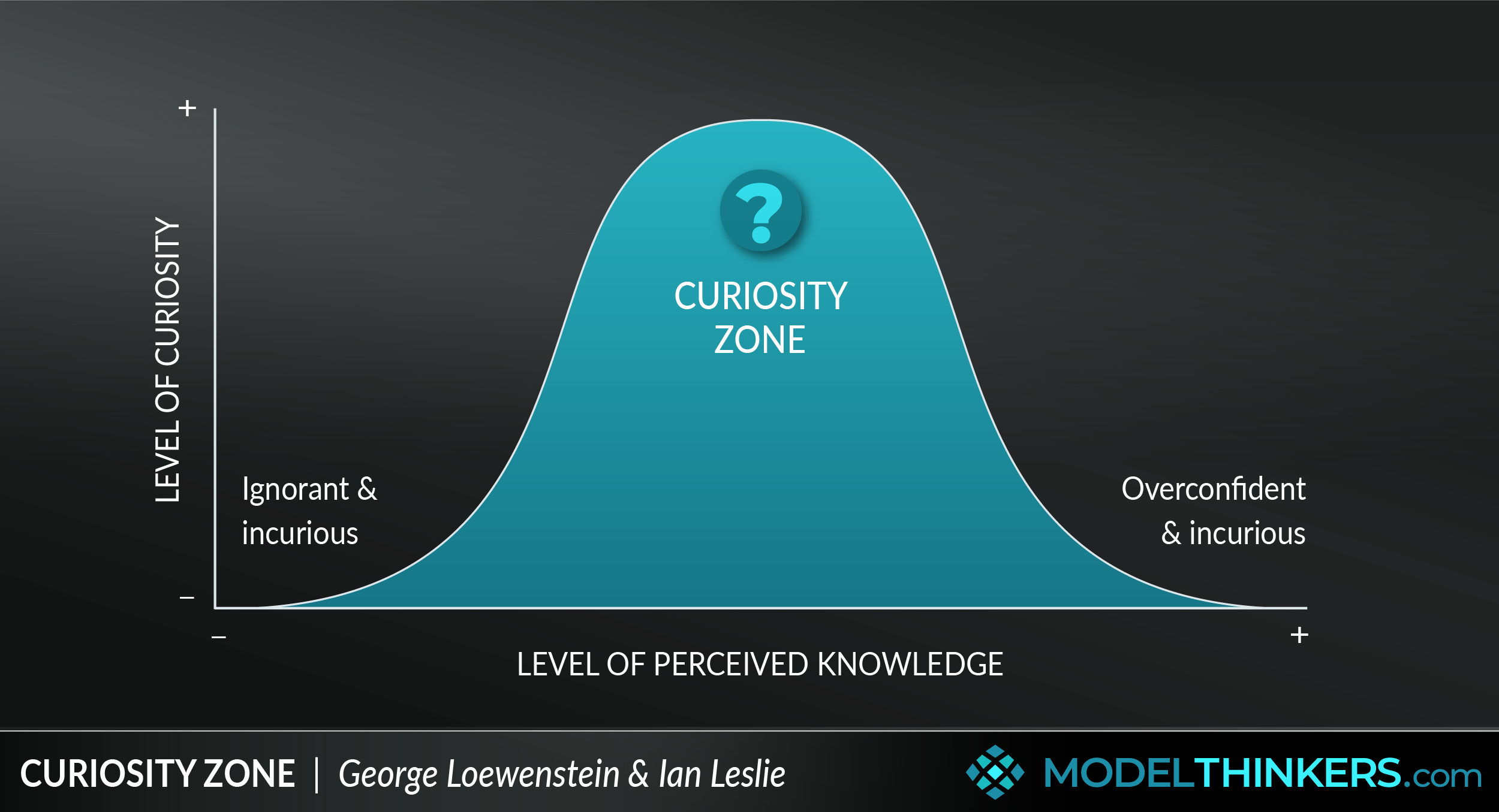
Curiosity is your superpower generally, but especially when it comes to learning. Use this model to challenge yourself to keep an open and playful mind, especially in areas where you have considerable experience and expertise.
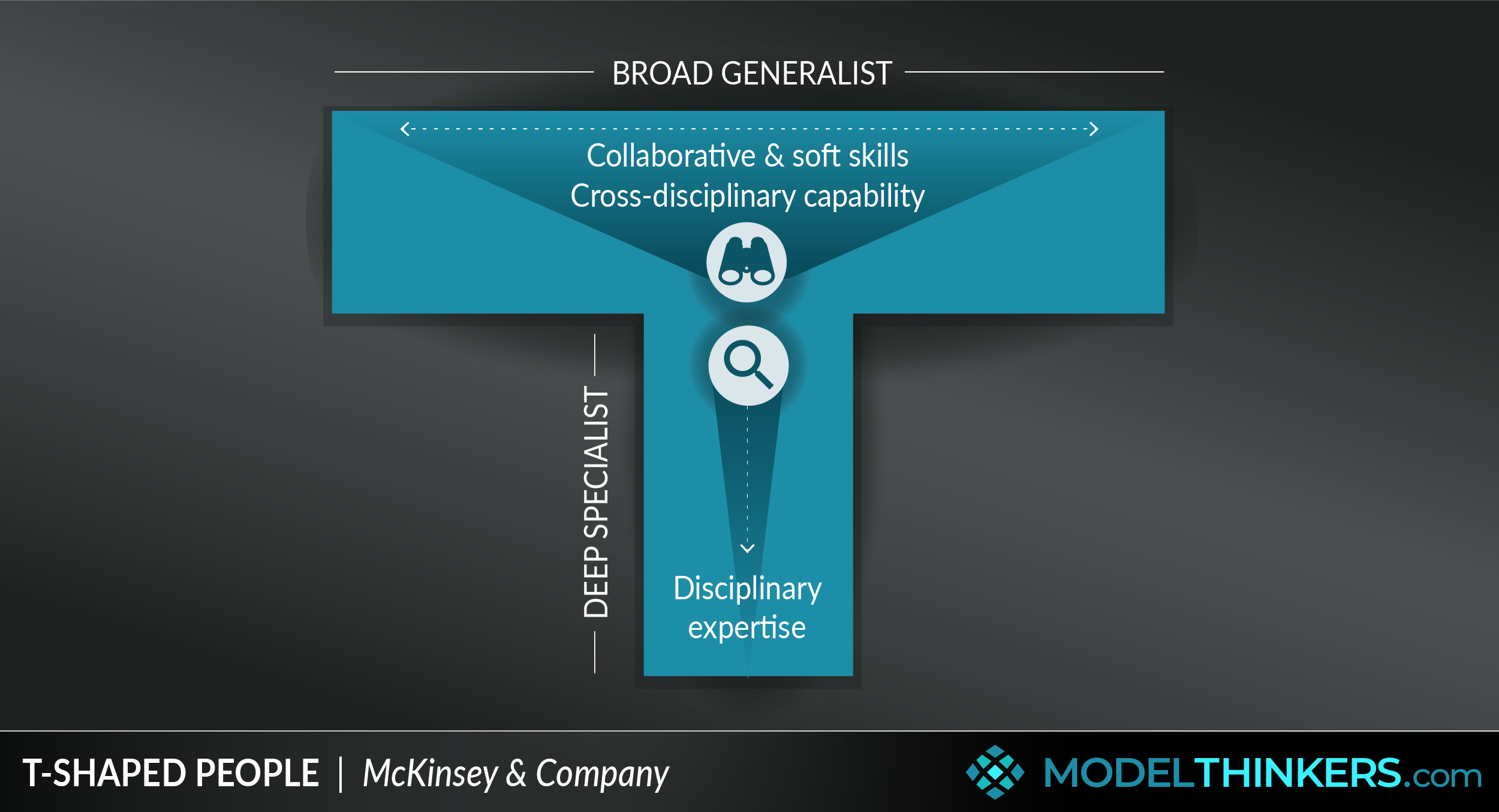

Not so much about how, but the 'what' of learning. This model helps inform your focus and pathway to future-proofing yourself with learning by combining deep specialist skills with broad inter-disciplinary ones.
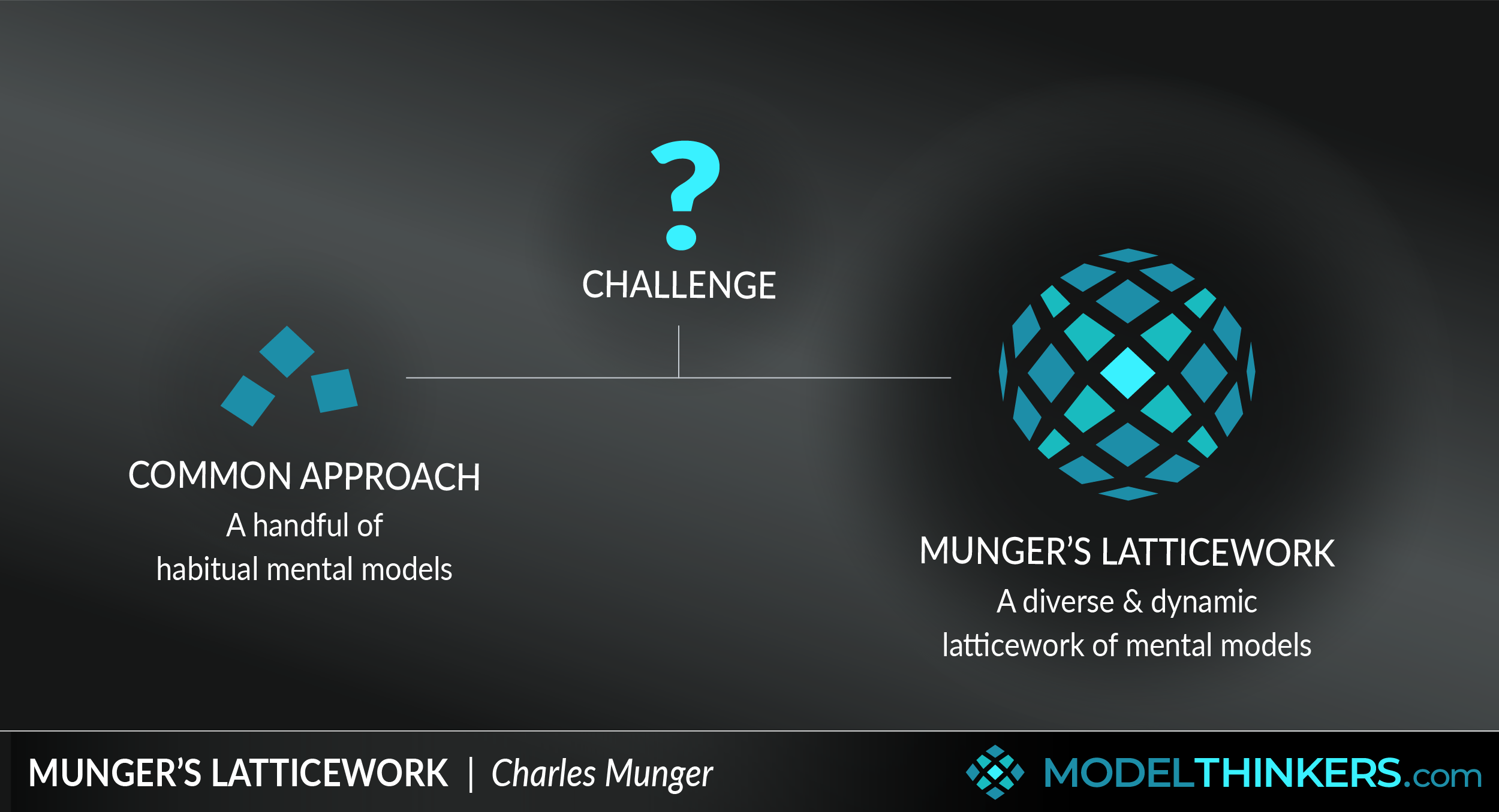
The model that drives ModelThinkers - this is a reminder to learn smart by creating a 'latticework of mental models' and making connections between concepts that can be dynamically applied in a variety of contexts.
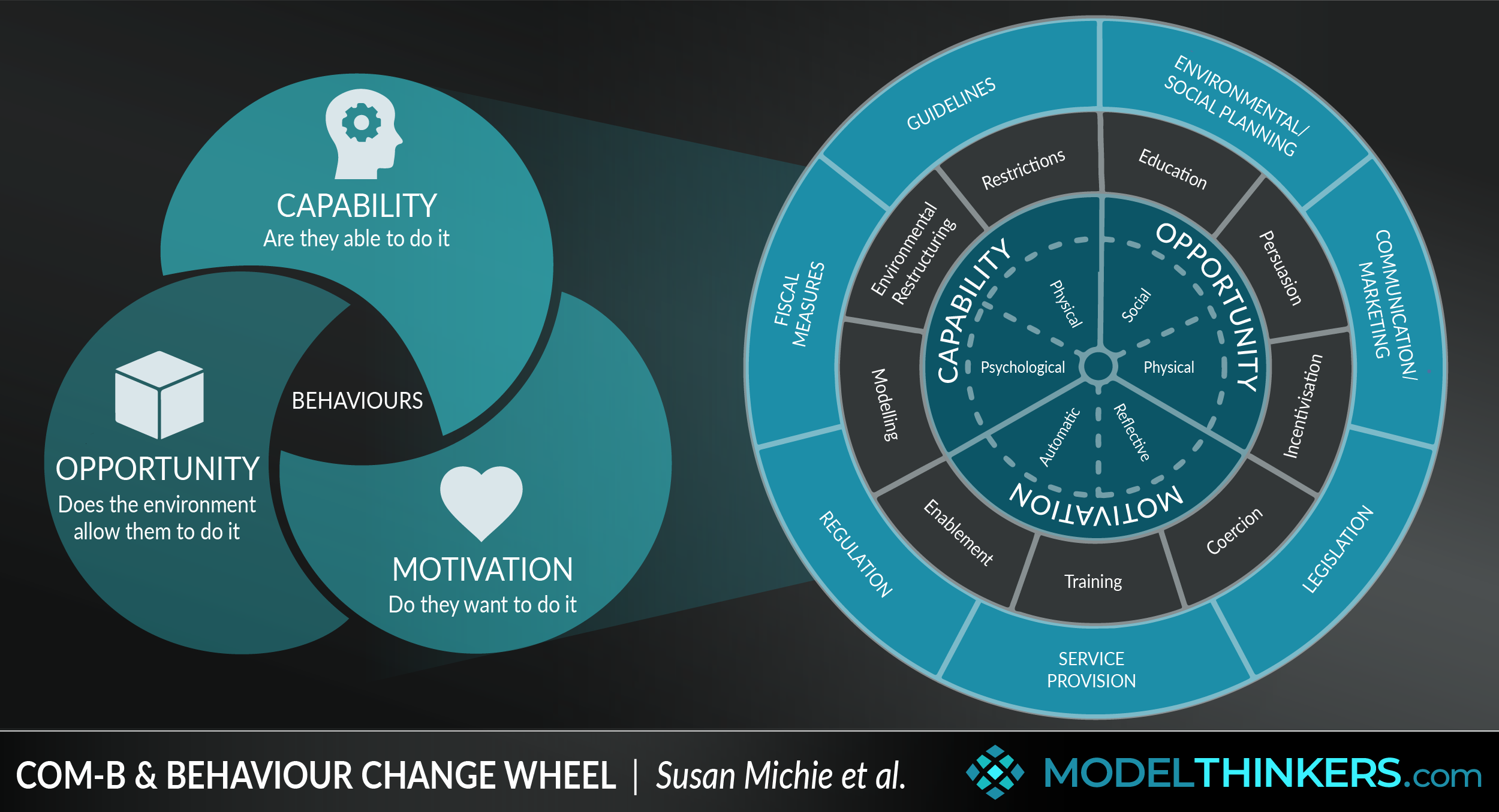
Learning really needs to inform behaviour change to be impactful, so this framework, while not about 'learning', provides a check about whether learning is the right answer. Specifically, it asks is your behaviour change about Capability, Opportunity or Motivation so you can plan the most impactful intervention.
MEMORY HACKS
Learning is more than remembering knowledge, so before you go here consider whether you can capture knowledge outside of your brain in a checklist etc.. But, if you need to remember something, use these techniques.
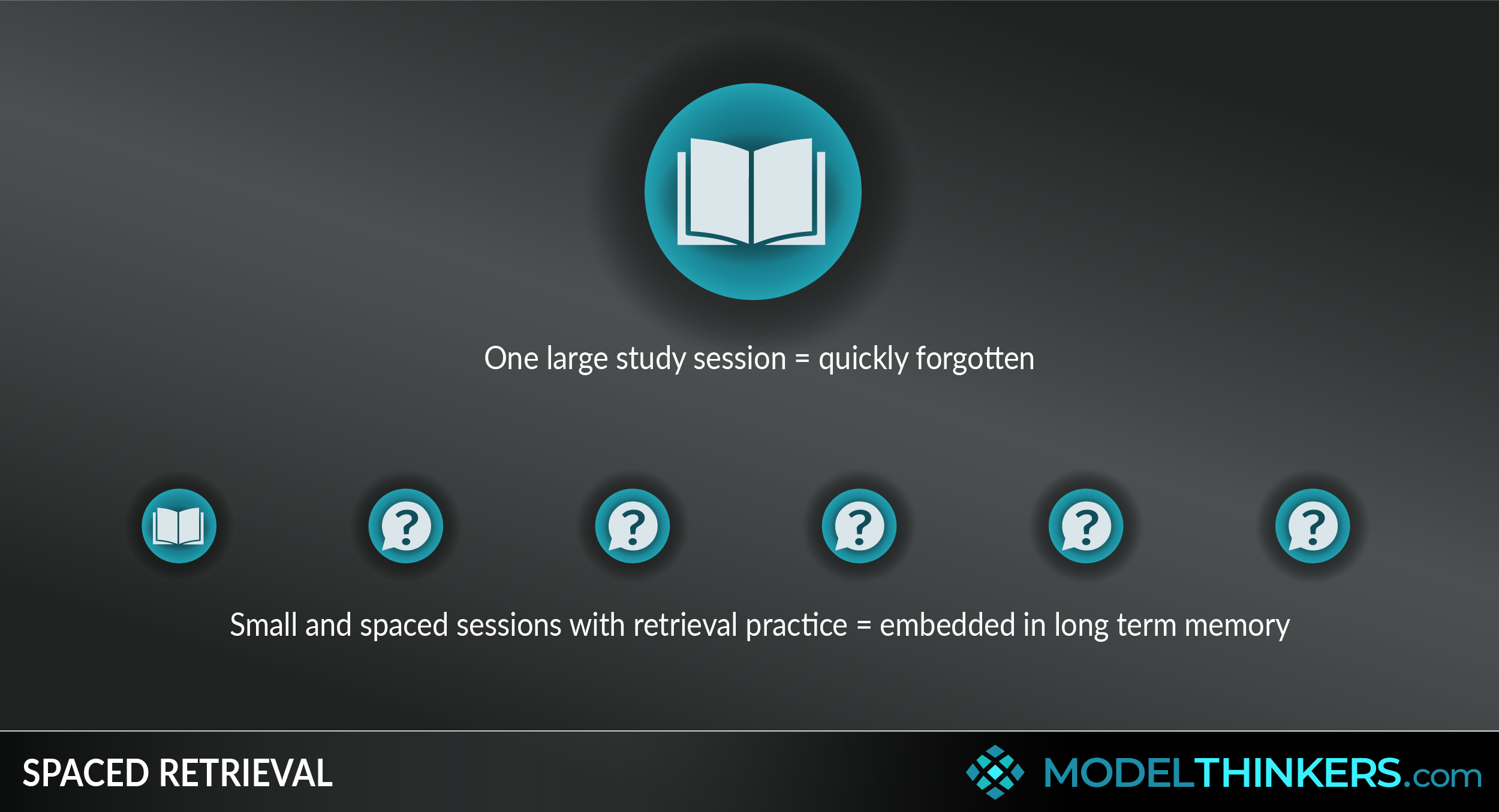
Perhaps one of the most evidence-based learning and memory hacks you'll find — use spaced retrieval to embed key lessons, faster and more deeply.
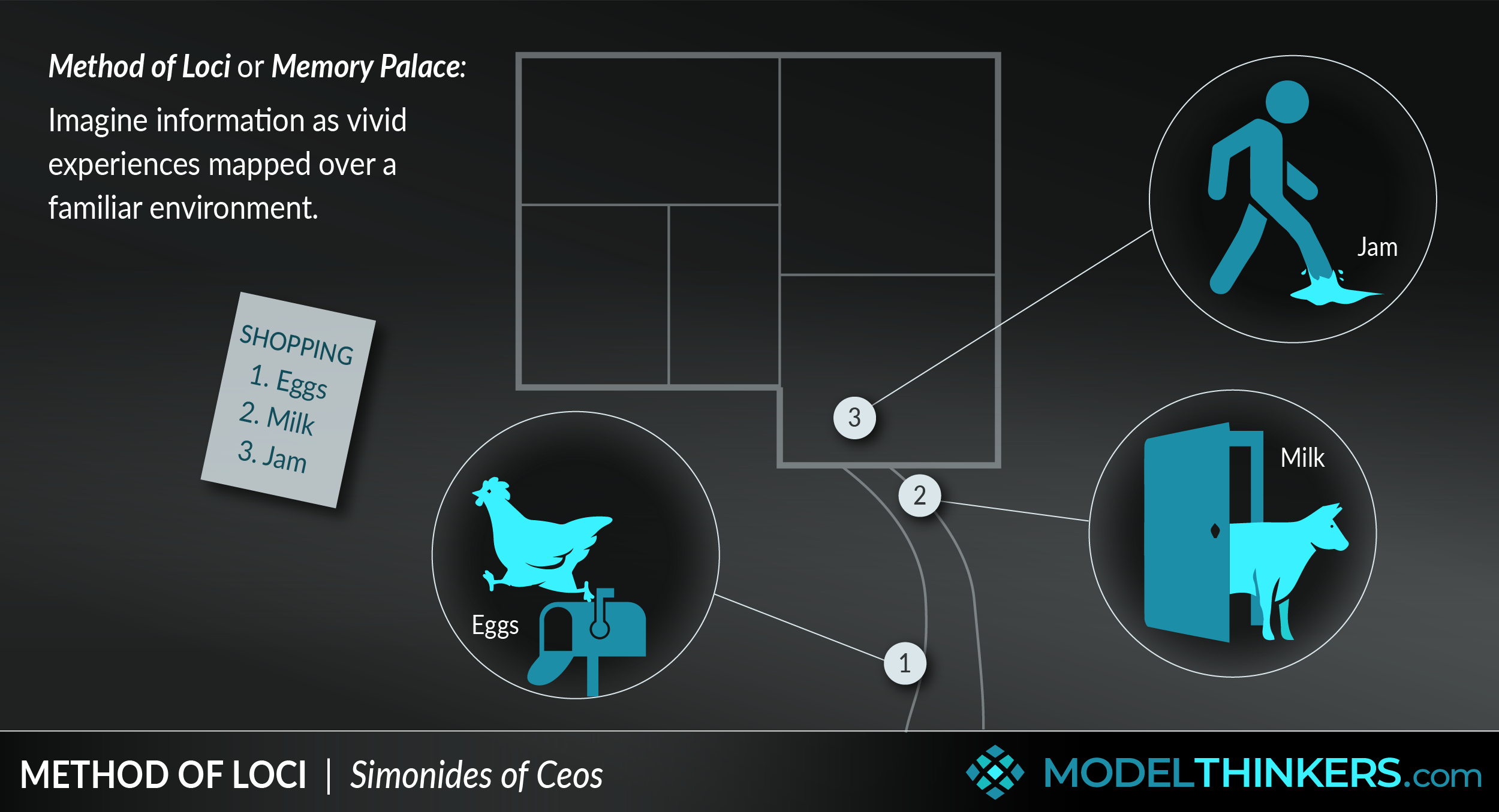

Another highly evidence-based memory hack is the Method of Loci — use it to quickly remember large information sets. Also use the takeaway from the Method of Loci around physical experiences to consider learning in the context of where you will use things for more effective retrieval.
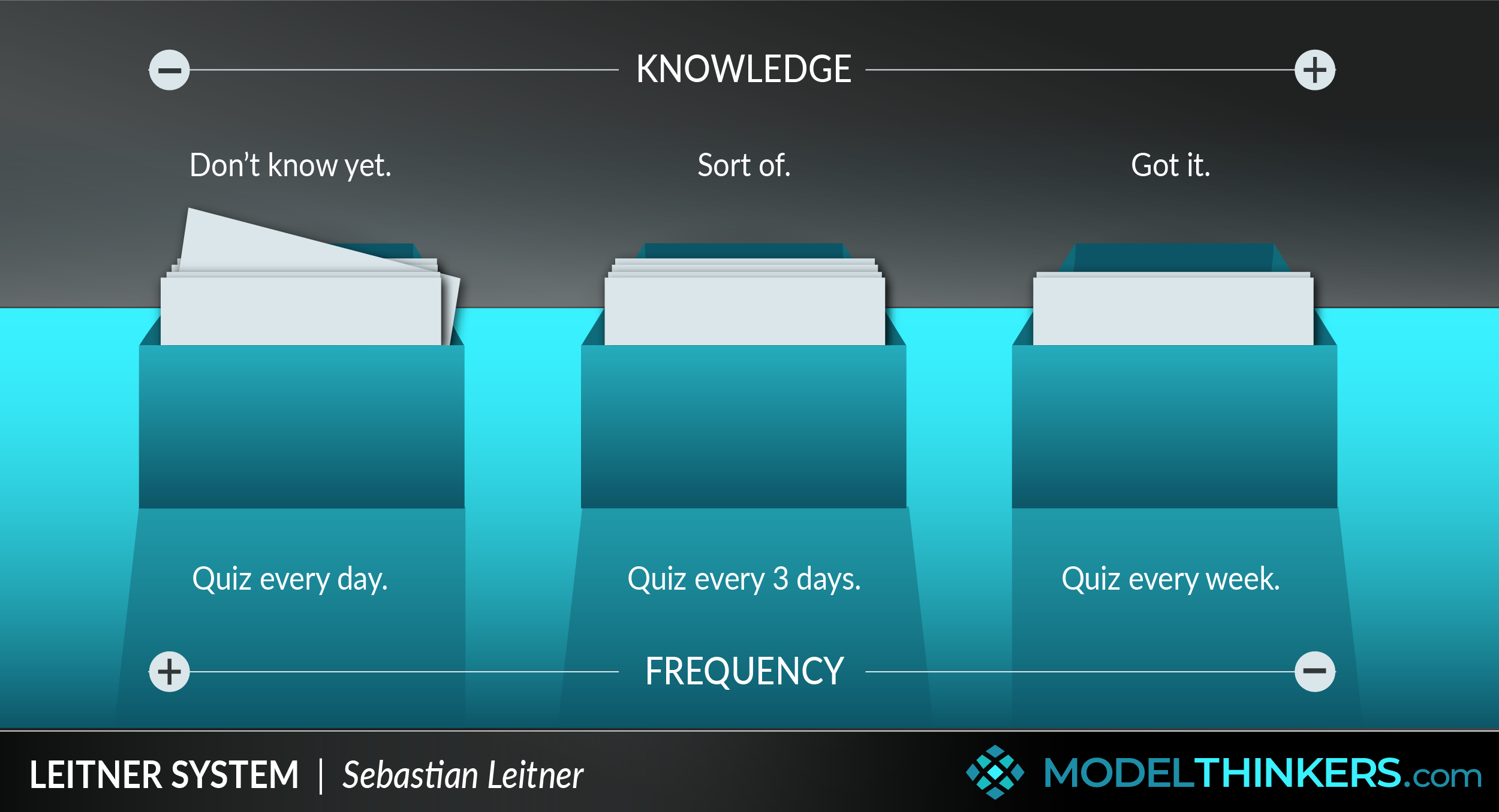
A simple application of Spaced Retrieval, particularly applied to knowledge, this model drives many apps including the Learn section of ModelThinkers.
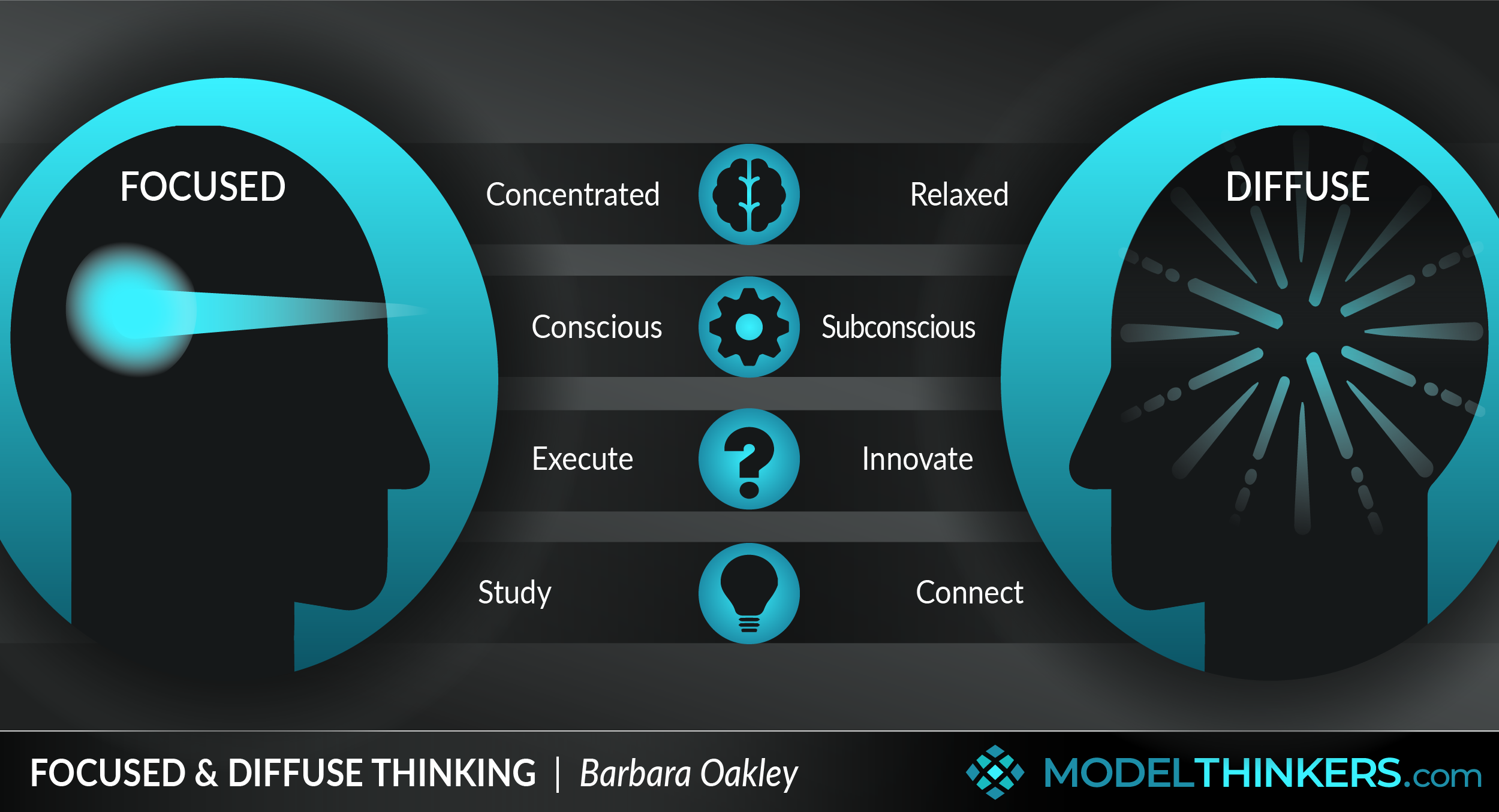
Take a break to learn! It's counterintuitive, but it works. Your subconscious mind needs time and space to make connections and absorb your learning — you can even seed it with the Zeigarnik Effect.
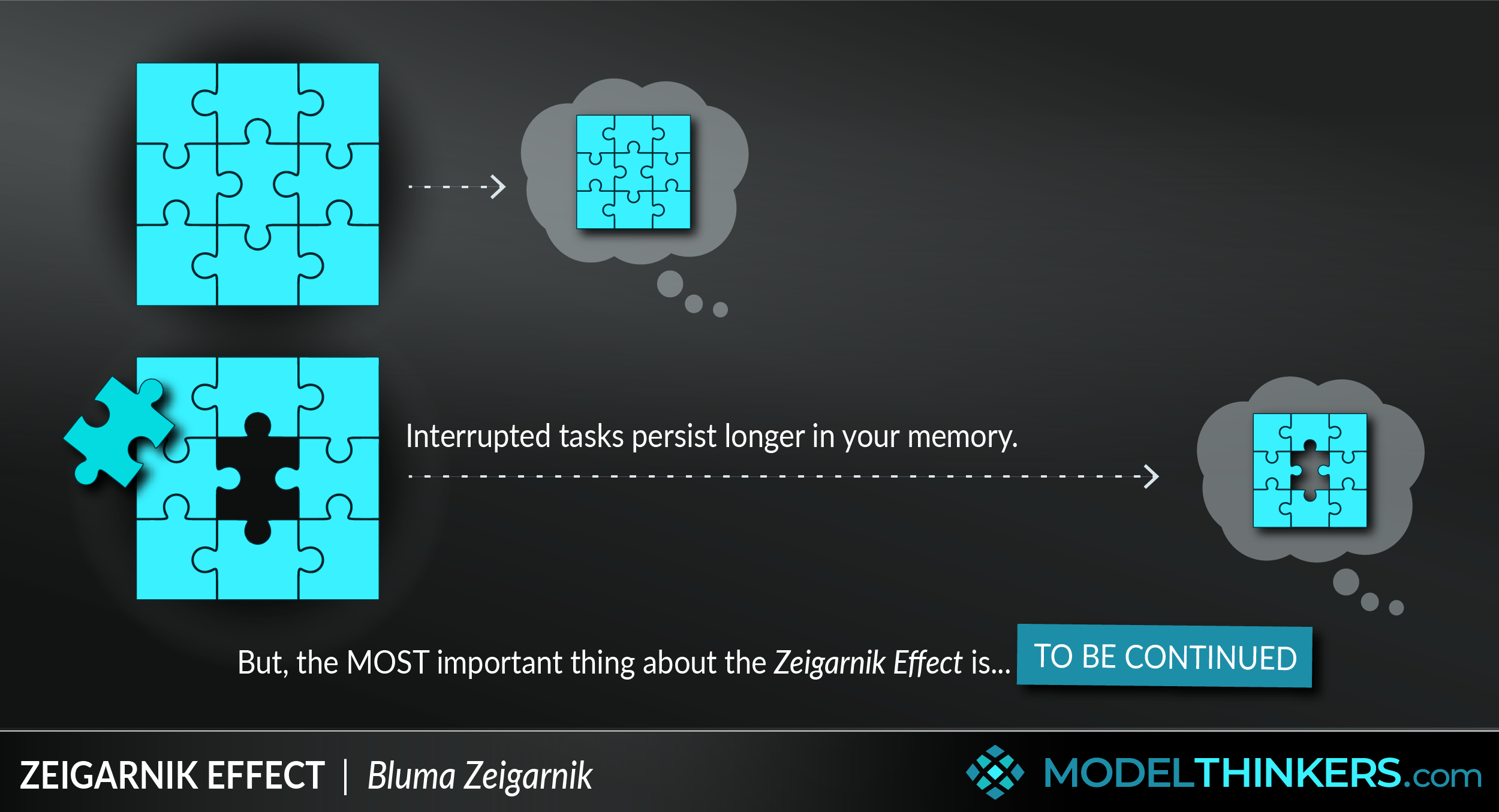
Another memory hack which is deceptively versatile, it can serve as the bridge between Deep Work and Focused and Diffuse Thinking by making use of strategic interruptions.
LEARNING IN ACTION
Learning is not something that happens in your mind, in isolation. It's an iterative process that includes experimentation, reflection and application. Use these models to move into effective action to boost your learning and impact.
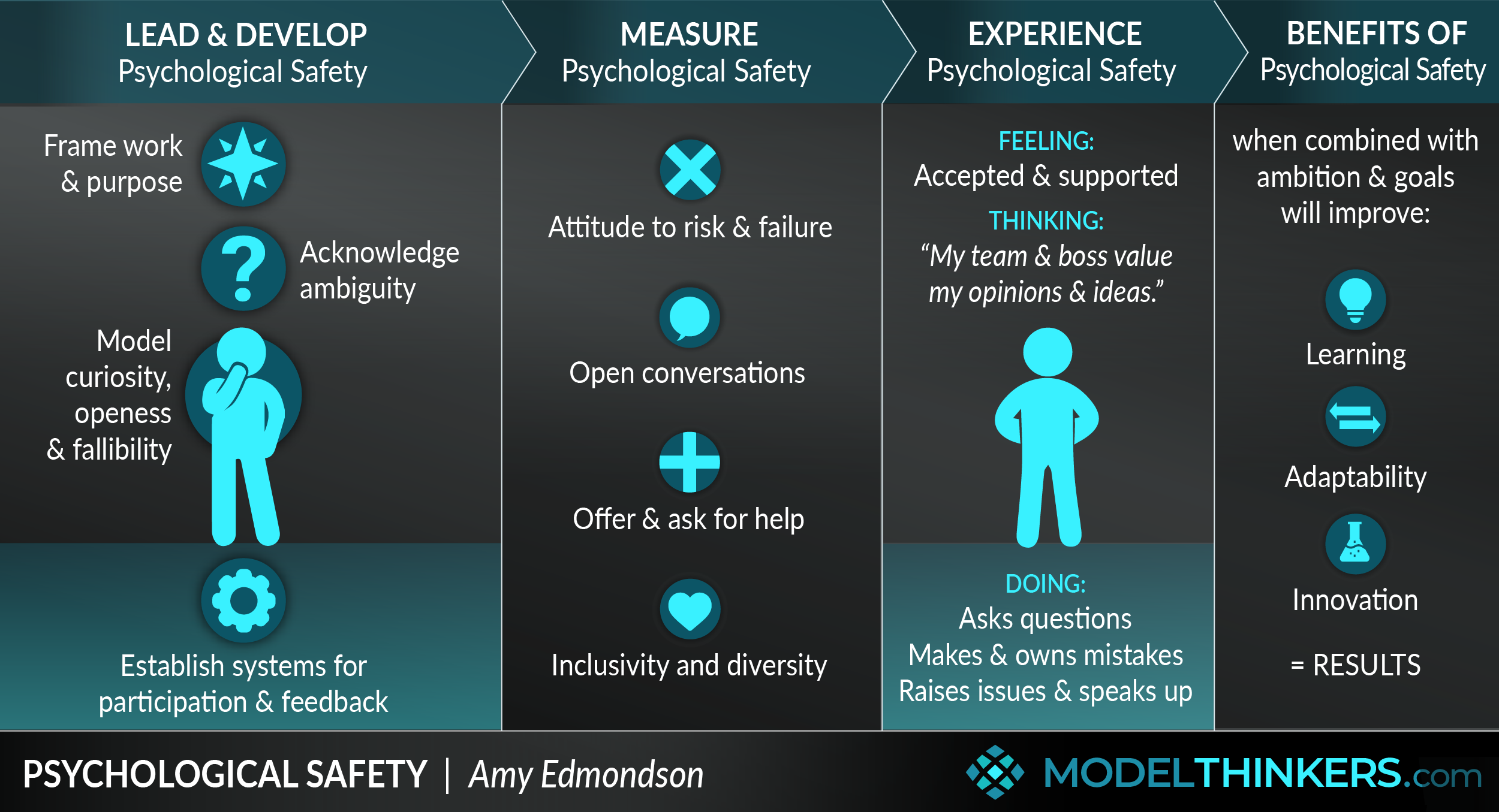
Ready for more complex learning, especially within your team or organisation? Then the first thing you'll need to address is Psychological Safety - the number one factor for high performing teams according to Google's Project Aristotle.
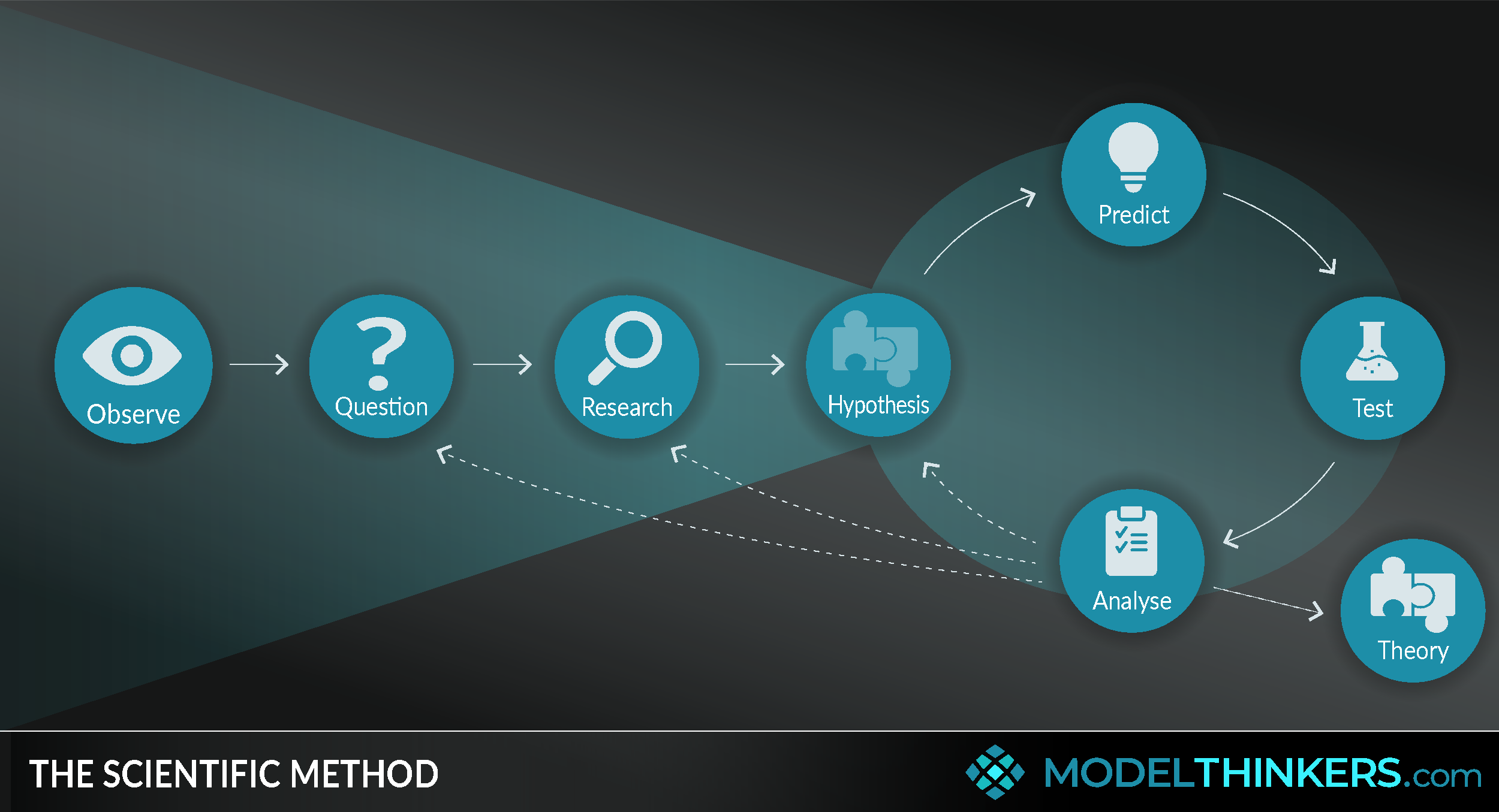
How could any list about learning be complete without the Scientific Method? This timeless model provides an approach for you to learn about yourself, our world and even our existence. Importantly, it's about testing hypotheses and always learning.
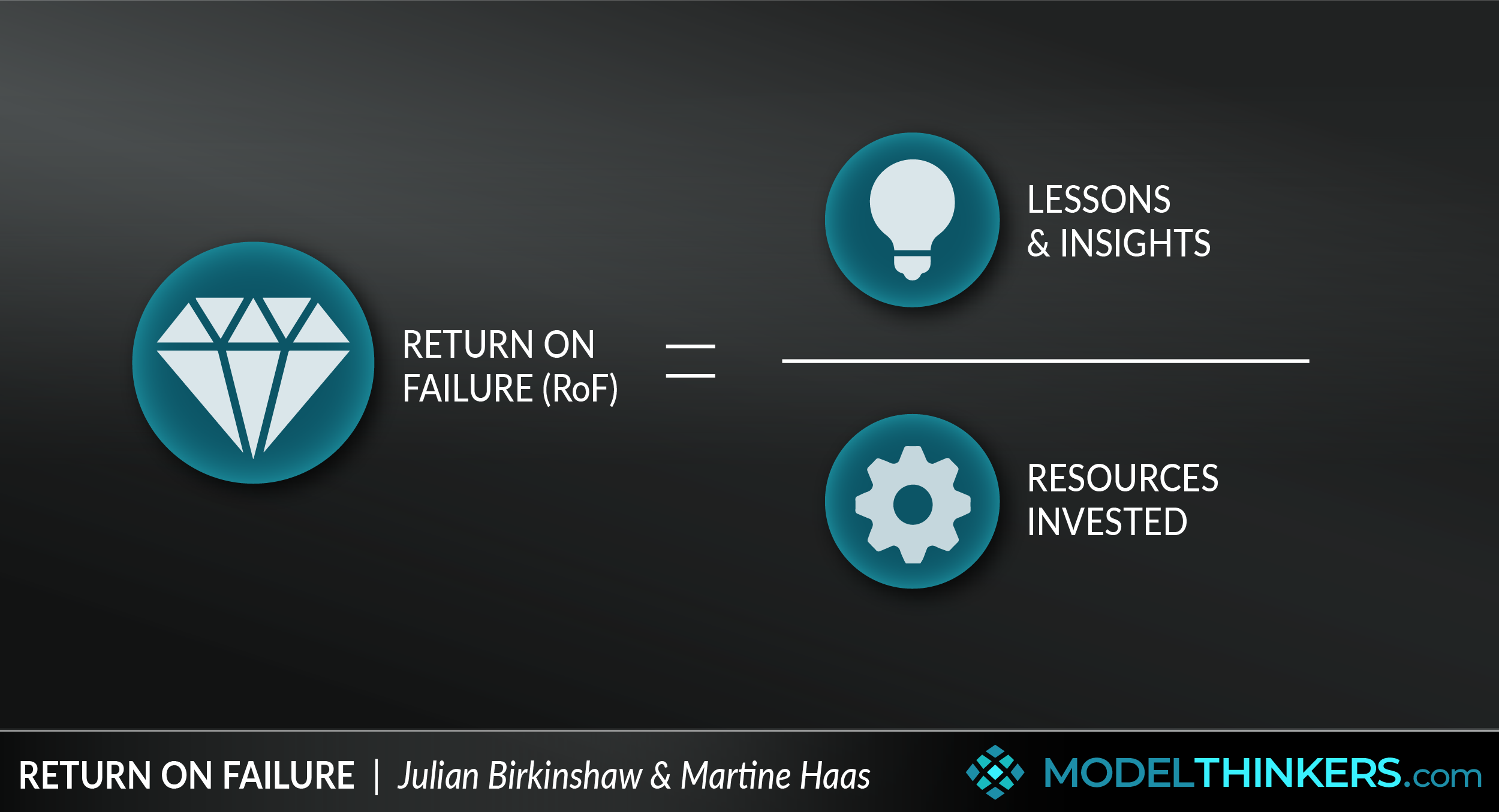
Learning is obviously not just about your investigation, research and courses. It's about trying things, pushing yourself, and experimenting. As you do, remember this simple but powerful reframe to ensure that you reconsider the role of failure. How are you decreasing your investment in failure, while increasing every lesson and insight it had for you?
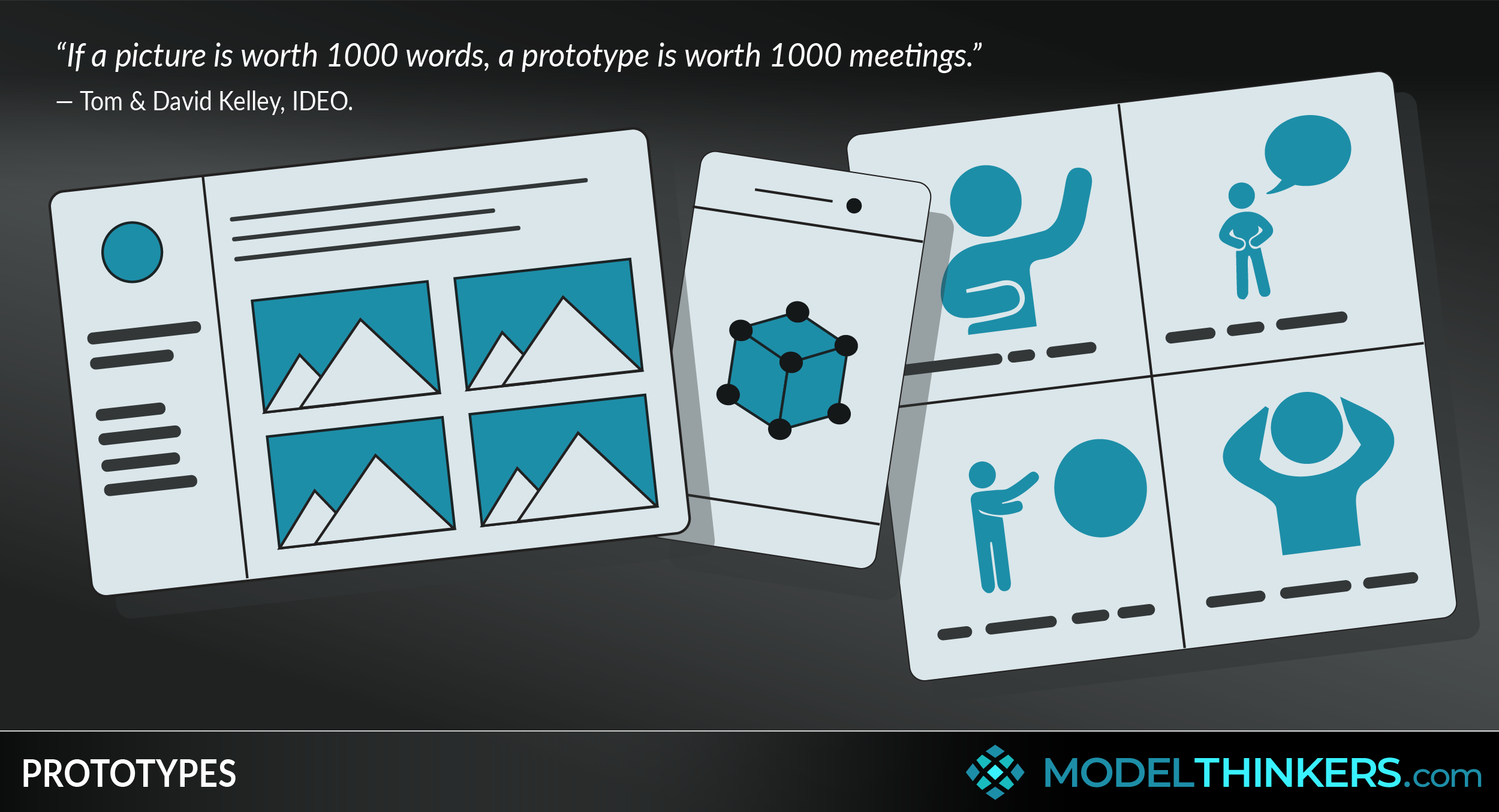
A key way you'll learn using the Scientific Method and maximising your Return on Failure is to use Prototyping as a habit. Ask how you can quickly test an idea or approach with the least resources and investment possible. Go further by running multiple prototypes and testing a number of 'small bets'.
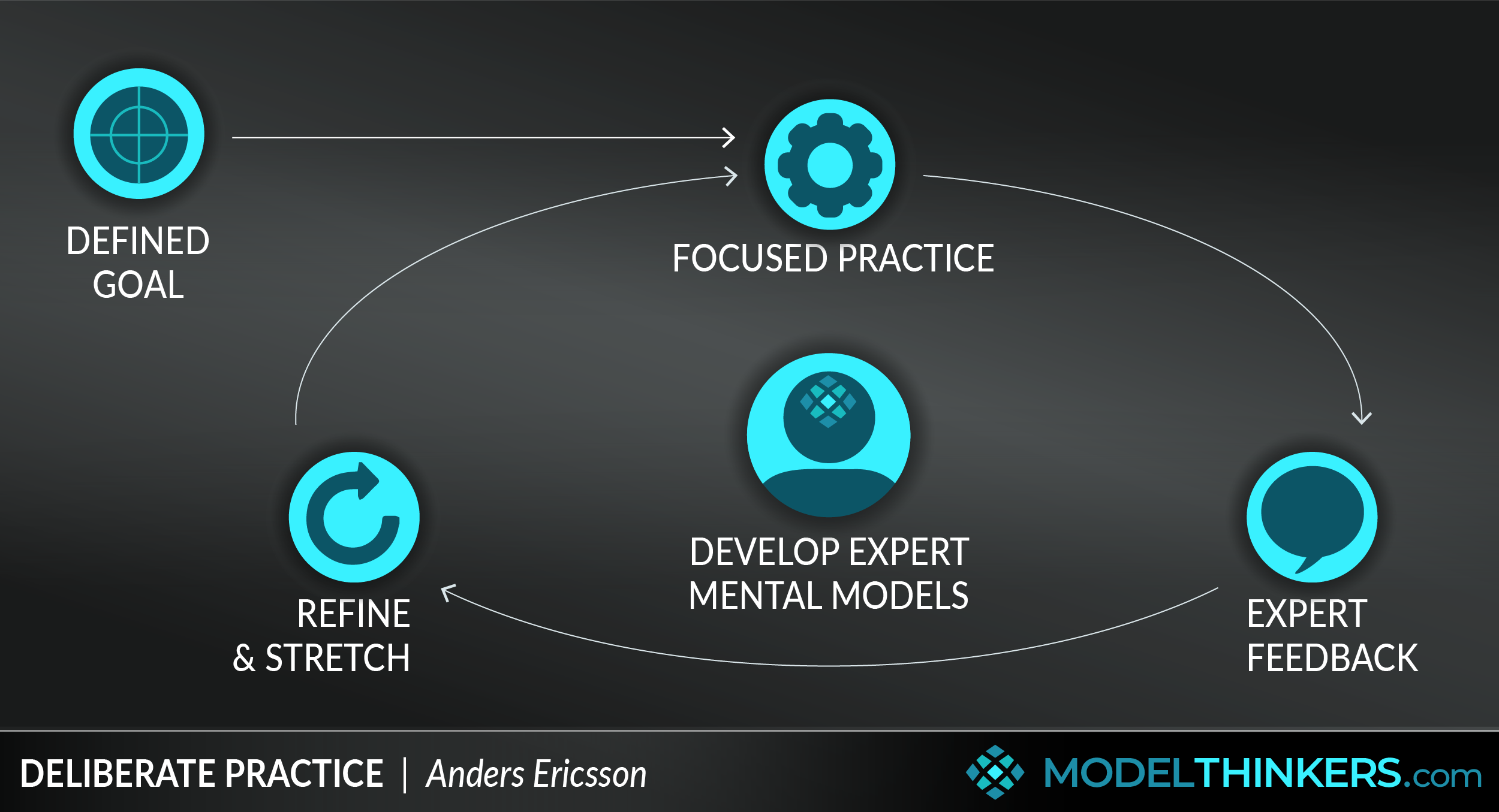
An evidence-based approach to developing complex skills. It takes more than experience to learn effectively, it takes loops of deliberate practice to build up 'expert mental models'. Click into this model for more.
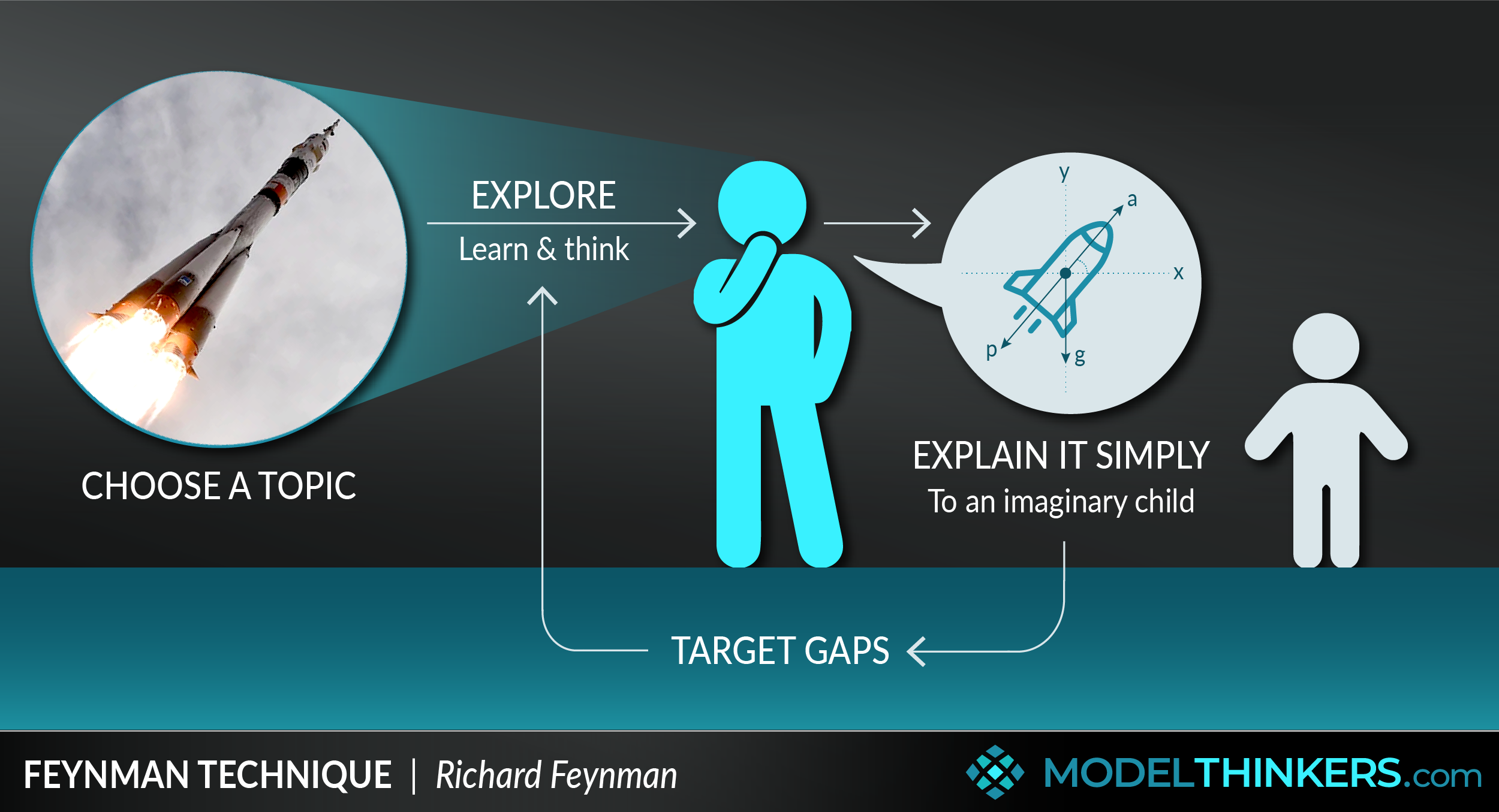
This model can help to reframe any experience, supporting you to make connections and learn more effectively. Plus, it can be the 'retrieval' in Spaced Retrieval. Rather than just learning, focus on sharing effectively — this will build a knowledge-sharing culture and will support your own learning.
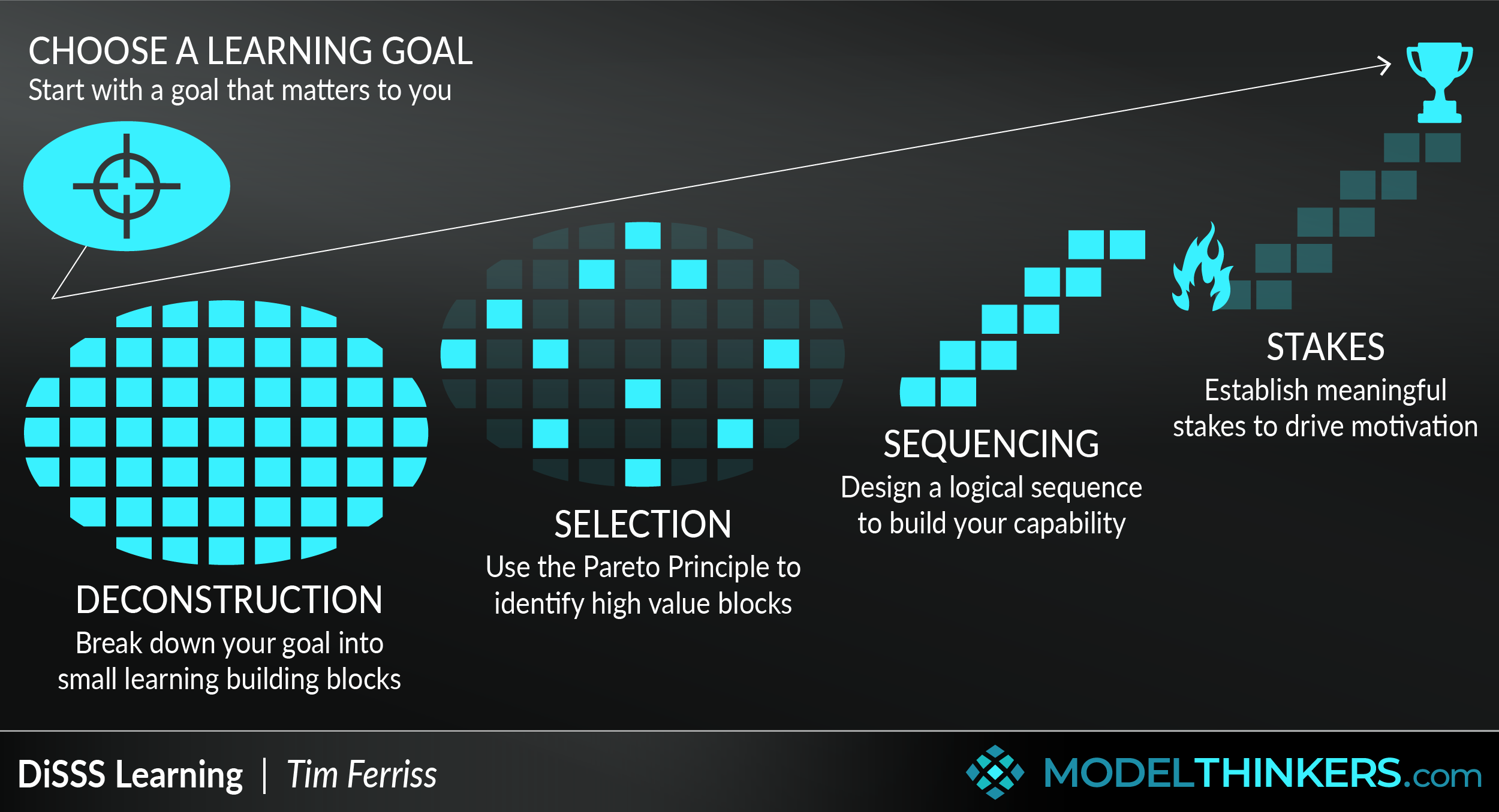
Want a way to accelerate your learning in the real world? Why not leverage the work of Tim Ferriss and his DiSSS Learning approach.
LEARNING & PRODUCTIVITY HABITS
Incorporate these techniques into your routine to think, learn and achieve more.
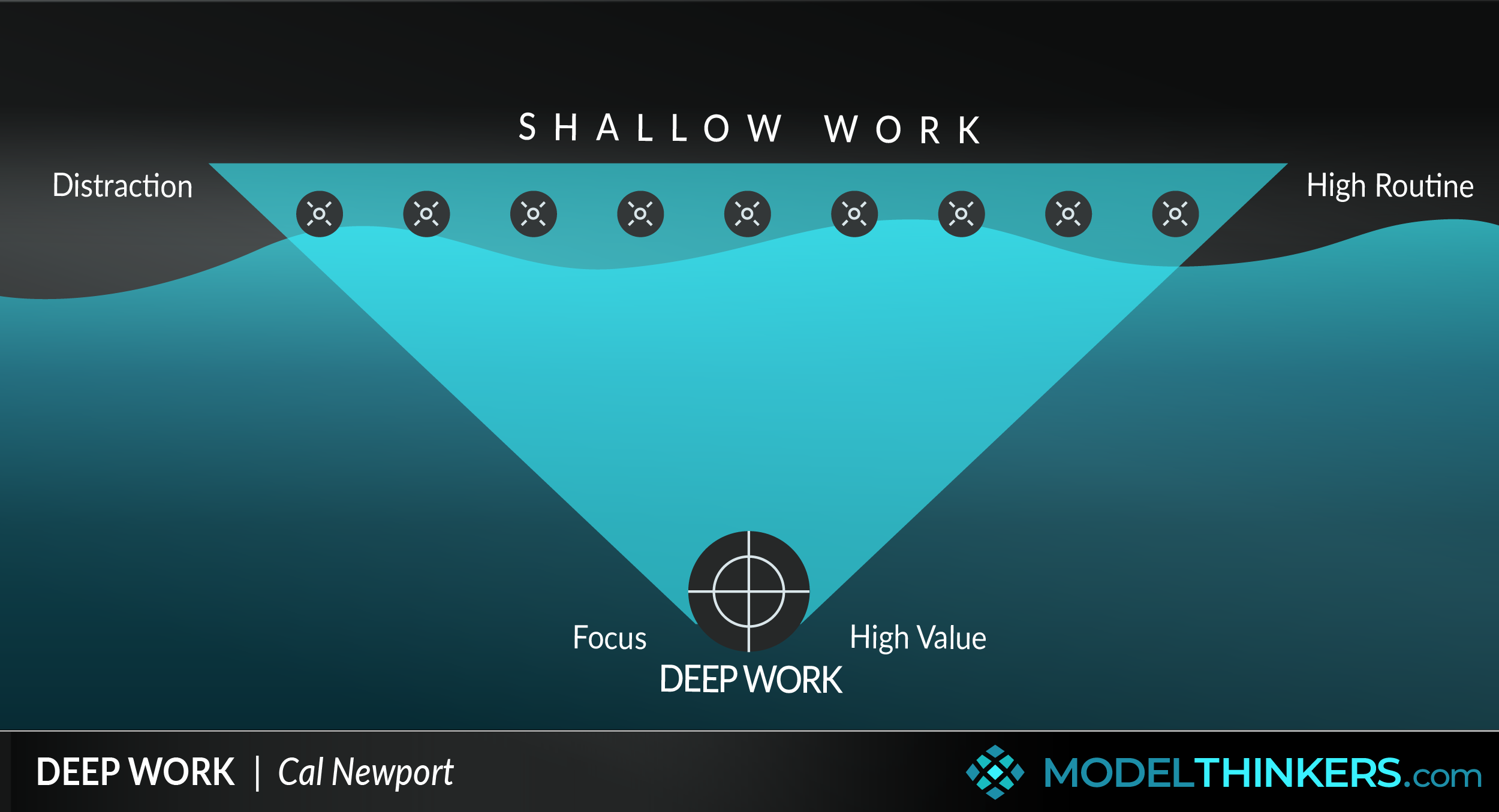

How can you learn in our distracting, digital world? Well, not so much. That's why you need to explode the myth of multitasking and embrace periods of uninterrupted deep work, thought and learning.
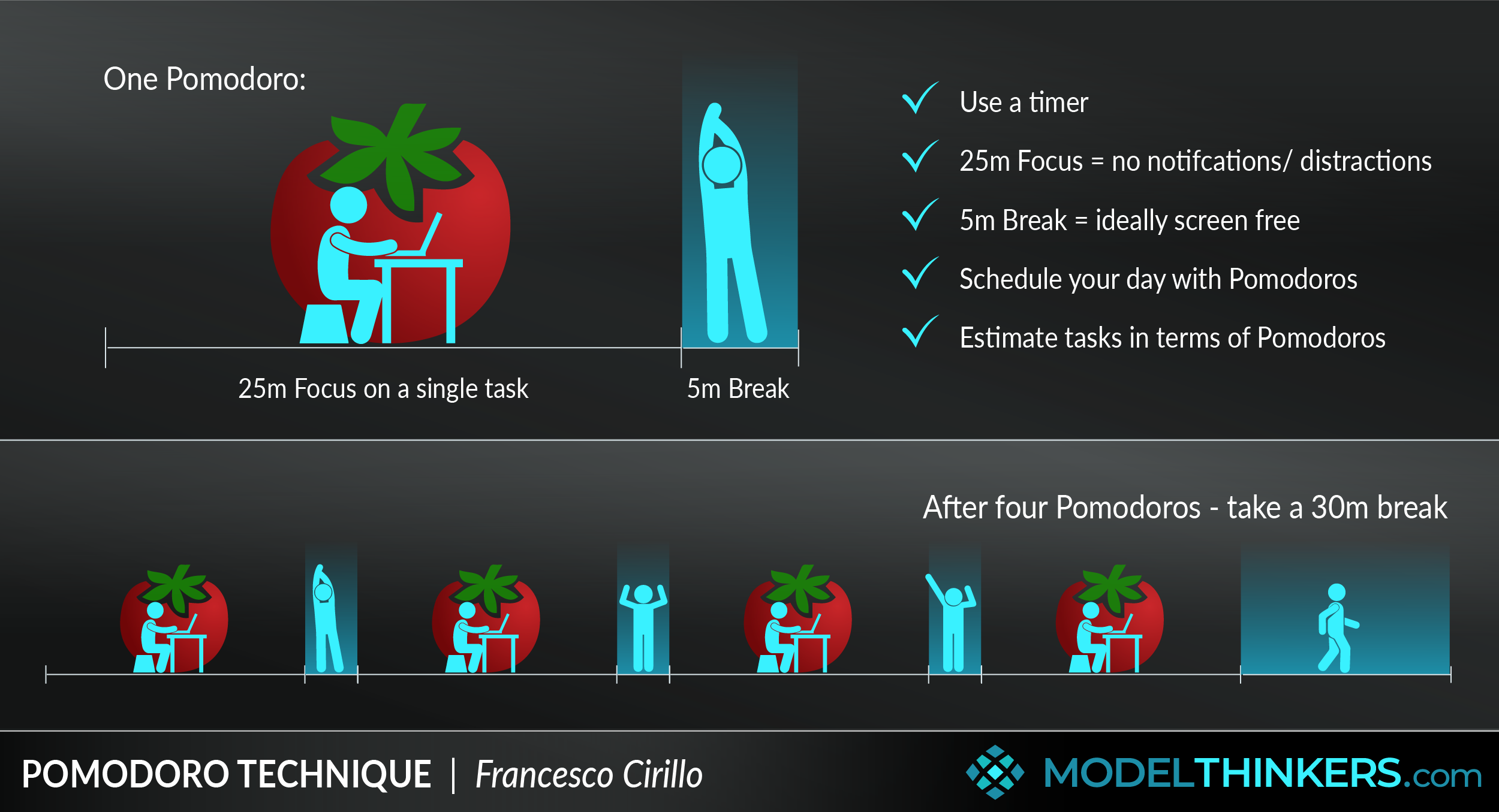
A practical way you can apply a mix of Focused and Diffuse Thinking, and give your subconscious brain a chance to absorb and make connections, is to study with the Pomodoro Technique.
REFLECTIVE PRACTICE.
Finally, to learn effectively you're going to have to become more reflective. Use these approaches to start.
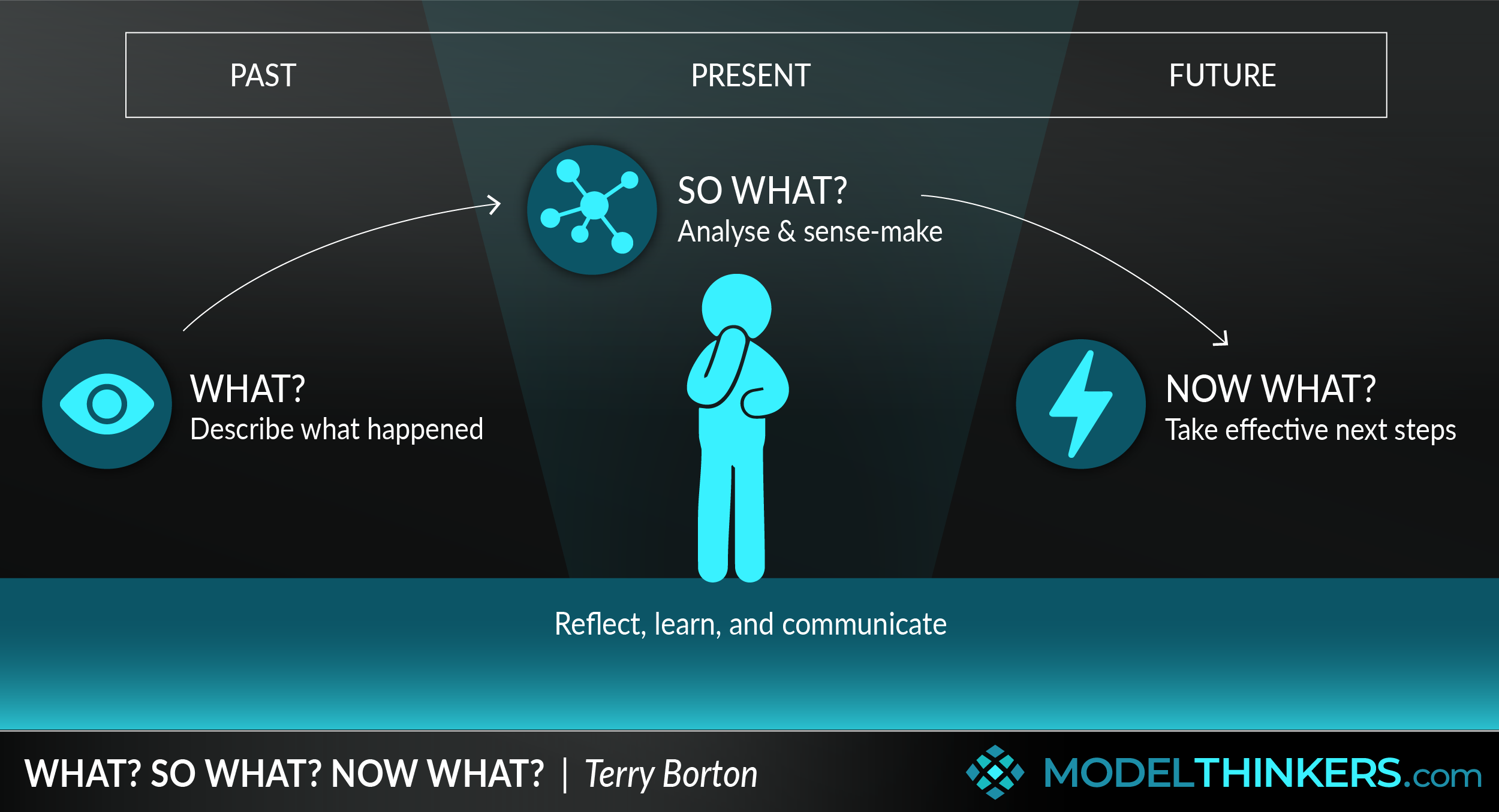
Last but not least, these simple three questions can form part of a powerful reflection habit for you and your team. Dive into the summary of this model for additional questions that come in each of the sections.
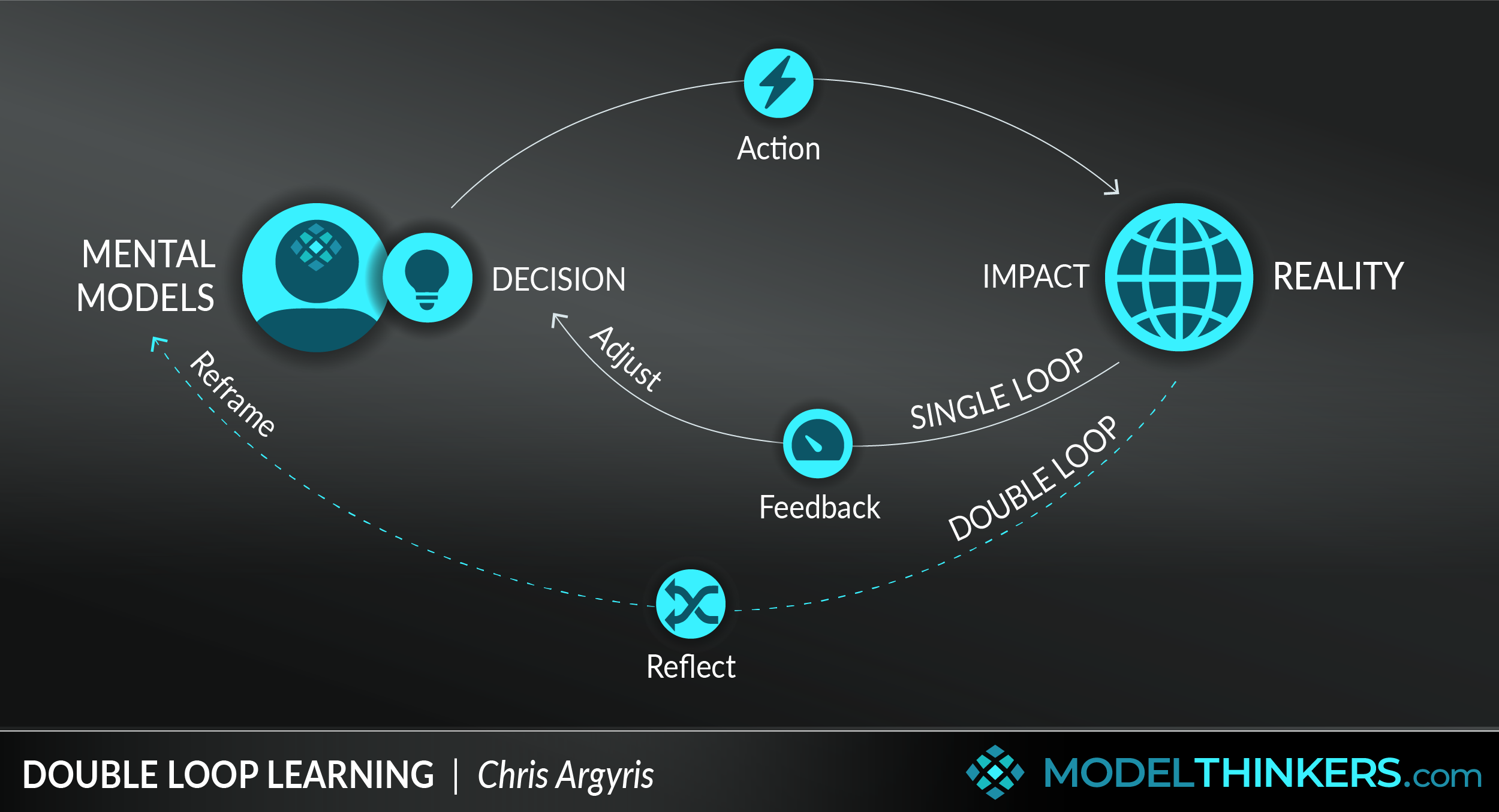
Also building on the Scientific Method, Double-Loop Learning allows you to reflect on your experiences and challenge your mental models to learn more deeply. Rather than just learning the most obvious, contextual lessons, this model encourages you to dig deeper and challenge/ update your mental models with cycles of experience and reflection.
Premium content
Please do login or sign up to see premium contect
Subscription expired!
Please renew your subscription to access this feature.
 My Notes
My Notes
Delete note
Nothing here yet. Join ModelThinkers and login to be the first to comment.







